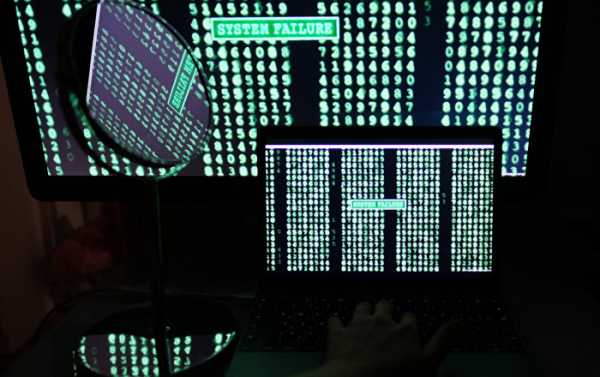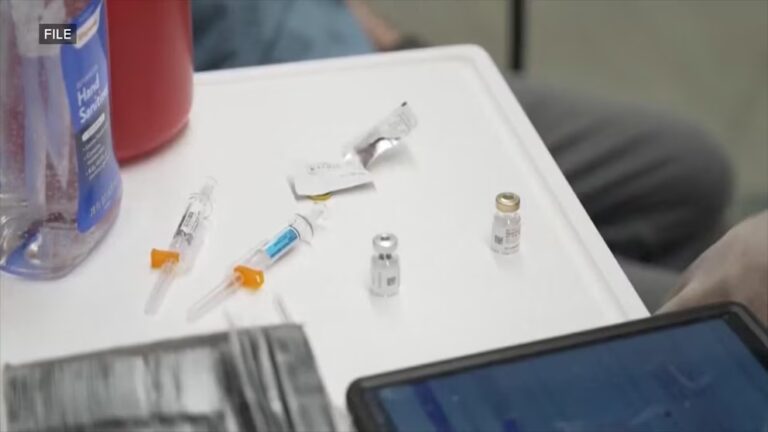
Cyberphysical systems will serve as the basis for Industry 4.0 and industrial development, professor at the Harbin Institute of Technology Sheng Wuyin said at the 2018 Digital Industry: Current Situation and Development Prospects scientific conference held on 13–15 Nov at the South Ural State National Research University (SUSU) in Russia.
During the conference, organised in collaboration with Emerson (the US), the participants discussed the latest achievements in the digital transformation of manufacturing, Industry 4.0 developments by leading universities and research centres, and the experience of introducing these innovations at large transnationals and Russian industrial companies.
Prof. Sheng Wuyin spoke about cyberphysical systems’ contribution to progress in manufacturing based on integrating industrial manufacturing processes and informatisation. A cyberphysical system is a specialised computer system having a physical means (electrical, chemical, optical, mechanical, biological) of interaction with a controlled object, which is designed to perform one function.
‘Cyberphysical systems are the basis of Industry 4.0 and industrial development,” he said. “In traditional industrial manufacturing, system elements are not connected to each other, so the system is not a smart system. Today, we have to deal with more complex systems at a growing scale. Insufficient information exchanges and insufficient use of existing knowledge jeopardise the overall safety and stability of a system. Cyberphysical systems have the potential to solve the monitoring and control problems’.
With the help of Big Data, today’s engineers have learned to integrate the elements of cyberphysical systems and connect them to other systems, thus making them smart.
‘We use these technologies to analyse Big Data,” he added. “Integrated industrial cyberphysical systems will form the basis of the smart factories of the future’.
During the conference, the university also hosted a ceremony to open the new SUSU-Emerson laboratory, which provides the equipment necessary for improving the educational process in automation technology, as well as another innovation laboratory called the Samsung Internet of Things (IoT) Academy.
Universities of the future with links to technology and Industry 4.0 must have technical support based on state-of-the-art internet technologies, such as cloud computing and high-performance computing technologies, said Goran Putnik, Professor at the School of Engineering at the University of Minho, Portugal.
‘The university must be fully equipped with new generation computing tools; this is important for training both engineers and students majoring in the humanities. This meets Industry 4.0 standards’, he said at the forum.
Another important aspect is the public role of social media in the context of Industry 4.0, Putnik added.
‘Many people are concerned about the potential uses of new technologies. Their concerns are justified, since today, we still have no clear understanding of Industry 4.0 in its interaction with society, even though this issue is of great importance. I believe that social media can play a key role in establishing a dialogue on this subject that anyone will be able to join’, he said.
SUSU representatives noted that this was the university’s first occasion to host an international forum at such a level. The organisers are now planning to hold conferences dedicated to the digital industry every year.
Sourse: sputniknews.com






